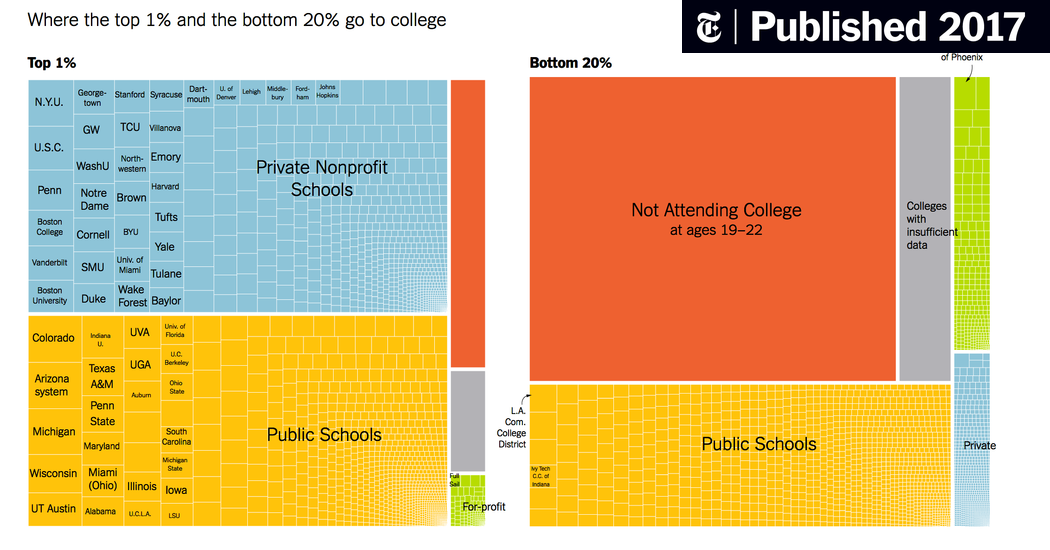- Joined
- Mar 7, 2005
- Messages
- 27,762
- Reaction score
- 51,601
This podcast about undergraduate ranking was very eye-opening. I greatly regret that med school assessments use these rankings as a measure of the level of difficulty of a school's curriculum when it is about something far different.
 www.pushkin.fm
www.pushkin.fm
The podcast episode that follows this one, about Dillard, is also illuminating.
Lord of the Rankings | Revisionist History
For 30 years, US News & World Report has been using a secret formula to rank the best colleges and universities in the United States. As a public service to our listeners, we hack the algorithm and discover the dirty little secret of the rankings game.
The podcast episode that follows this one, about Dillard, is also illuminating.


